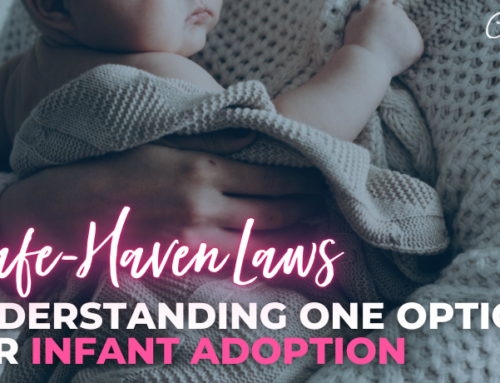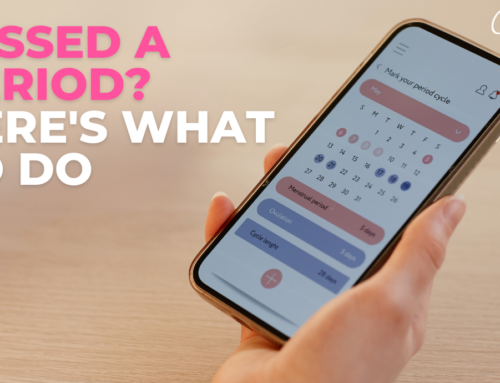Finding out you are pregnant comes with lots of questions. How far along are you? Is the baby healthy? The most accurate way to answer these questions is by getting an ultrasound. The best time to get the first ultrasound is between weeks 11 and 14 or shortly after you’ve found out you’re pregnant. You can get a free ultrasound in Phoenix, AZ, at our Crisis Pregnancy Centers.
What is an Ultrasound?
An ultrasound is an imaging technique that uses sound waves, which bounce off solid objects and create a black-and-white image. This method is completely safe for the baby and the mother, and it can be used to confirm pregnancy, find out the gender of the baby, and determine whether there are any anomalies. It’s often best to have two scans, although it depends on individual situations.
The Early Pregnancy Scan
After you have a free pregnancy test at Choices and it comes back positive, you can schedule your early pregnancy scan. This is often conducted during the 12th or 13th week and is used to confirm your pregnancy and find out exactly how far along you are. We will measure your baby’s heart rate and check that your pregnancy is in the uterus and not in one of the fallopian tubes.
The Mid-Pregnancy Scan
Several months into the pregnancy, most women have a second scan to check that the baby is still developing well. The mid-pregnancy scan usually happens between 18 and 21 weeks. If you’d like to know the gender of your child, you can find it out now, and you can also see how the limbs are lying in your womb and how all your child’s organs are developing.
Accessing a Pregnancy Ultrasound in Phoenix, AZ
In the US, a pregnancy can be costly for people with no or limited insurance. A simple ultrasound might cost $100-$1,000. Mothers will also need to spend money on additional doctor’s appointments, supplements and medication, and buying supplies for the baby. This can quickly become too expensive.
Choices offers free or low-cost services, including pregnancy tests, ultrasounds, and STD testing. You can call or send us a message, and we will book you in.
How to Prepare for the Ultrasound at the Clinic
Before your early pregnancy scan, you will be asked to drink a pint of water because this allows the sonographer to see the baby more clearly. You will need to lie on the couch and raise your top, so your stomach is free. The sonographer will squeeze a gel onto your stomach and pass a hand-held device over it. The ultrasound will then show up on the computer screen.
Other Services
Once your pregnancy has been confirmed and you’ve had your ultrasound, you might need more help. For example, you might want to learn more about healthy pregnancies, taking care of a baby, and building up problem-solving skills, or you might need emergency baby supplies if your child arrives earlier than expected. At the clinic, we can help you access these additional services.
Prenatal care significantly affects your child’s development, and to help your baby grow into a healthy child and adult, you should get an ultrasound. Call us at Choices to book your appointment.







